Project management is a structured approach to ensure that projects are conducted in a disciplined, well-managed, and consistent manner. The ultimate goal of project management is to promote the delivery of quality products that result in projects, which are completed on time, within budget and accomplish the stated business objectives. Project management includes developing a project plan, which includes defining and confirming the project goals and objectives, identifying tasks and how goals will be achieved, quantifying the resources needed, and determining budgets and timelines for completion. . A process orientation and an analytical, systems-oriented approach is used in problem solving and decision making. The fundamentals provide an understanding of the process for defining a project, its scope and life cycle. Task scheduling and identification of resource requirements are covered along with risk management and methods for project control.
PMI’s Project Management Professional (PMP)® credential is one of the most renowned recognized certification for project managers. Globally recognized and demanded, the PMP® demonstrates that you have the experience, education and competency to lead and direct projects.
Infosavvy contact workshop is a mix of instructor lead learning, designed as per “A Guide to the Project Management Body of Knowledge, (PMBOK® Guide) – Sixth Edition, Project Management Institute, Inc., 2017″.
Learning and application of the content are through practical examples, scenarios , exercises and case studies. Subsequent to the topic covered their is quiz to reinforce the concepts.
Infosavvy 35 hours contact program addresses unique requirements of delegates preparing for the Project Management Professional (PMP®) examination. The course is delivered by senior faculty – having 15+ years of experience in practical project and program management. Apart from facilitating the participants to pass the PMP® examination, the workshop focuses on imparting practical insights in project management through interactive, experience sharing sessions. Following are some of the key benefits of our 35 hour contact program.
- Gain an overview of the project management in terms of project phases, project life cycle, project stakeholders, key general management skills and the social-economic-environmental influences
- Understand the processes and process groups of Project management
- Understand all the knowledge areas of Project management
- Learn about the core and facilitating processes
- Learn how to use the PMBOK® Guide to prepare for the examination
- Get guidelines on filling up the PMP® Application form
- Ascertain their level of readiness for taking the PMP® Examination
- Tips on how to prepare for and clear the PMP certification exam
- Understanding of the project management lifecycle
- Help student with the practical understanding of the project management
- Understanding of key concept of Scope. Quality ,Work breakdown structure etc.
- Exposure to different template and documents prepared as part of the project management life cycle along with the use of template and importance of the same
Project Management Professional (PMP)
Project management is a structured approach to ensure that projects are conducted in a disciplined, well-managed, and consistent manner. The ultimate goal of project management is to promote the delivery of quality products that result in projects, which are completed on time, within budget and accomplish the stated business objectives. Project management includes developing a project plan, which includes defining and confirming the project goals and objectives, identifying tasks and how goals will be achieved, quantifying the resources needed, and determining budgets and timelines for completion.
PMI’s Project Management Professional (PMP)® credential is one of the most renowned recognized certification for project managers. Globally recognized and demanded, the PMP® demonstrates that you have the experience, education and competency to lead and direct projects.
OVERVIEW
Project management is a structured approach to ensure that projects are conducted in a disciplined, well-managed, and consistent manner. The ultimate goal of project management is to promote the delivery of quality products that result in projects, which are completed on time, within budget and accomplish the stated business objectives. Project management includes developing a project plan, which includes defining and confirming the project goals and objectives, identifying tasks and how goals will be achieved, quantifying the resources needed, and determining budgets and timelines for completion. . A process orientation and an analytical, systems-oriented approach is used in problem solving and decision making. The fundamentals provide an understanding of the process for defining a project, its scope and life cycle. Task scheduling and identification of resource requirements are covered along with risk management and methods for project control.

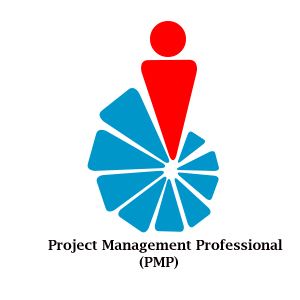


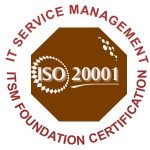
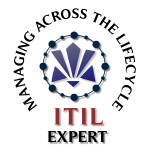
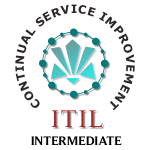
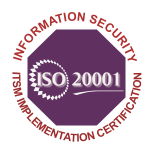

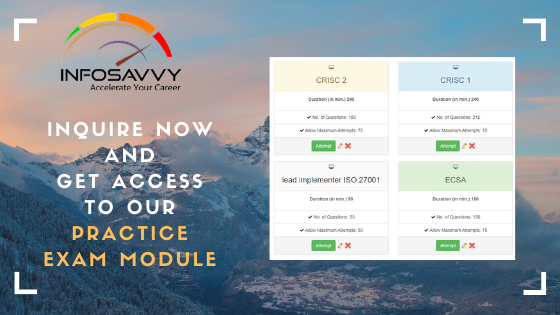
Reviews
There are no reviews yet.